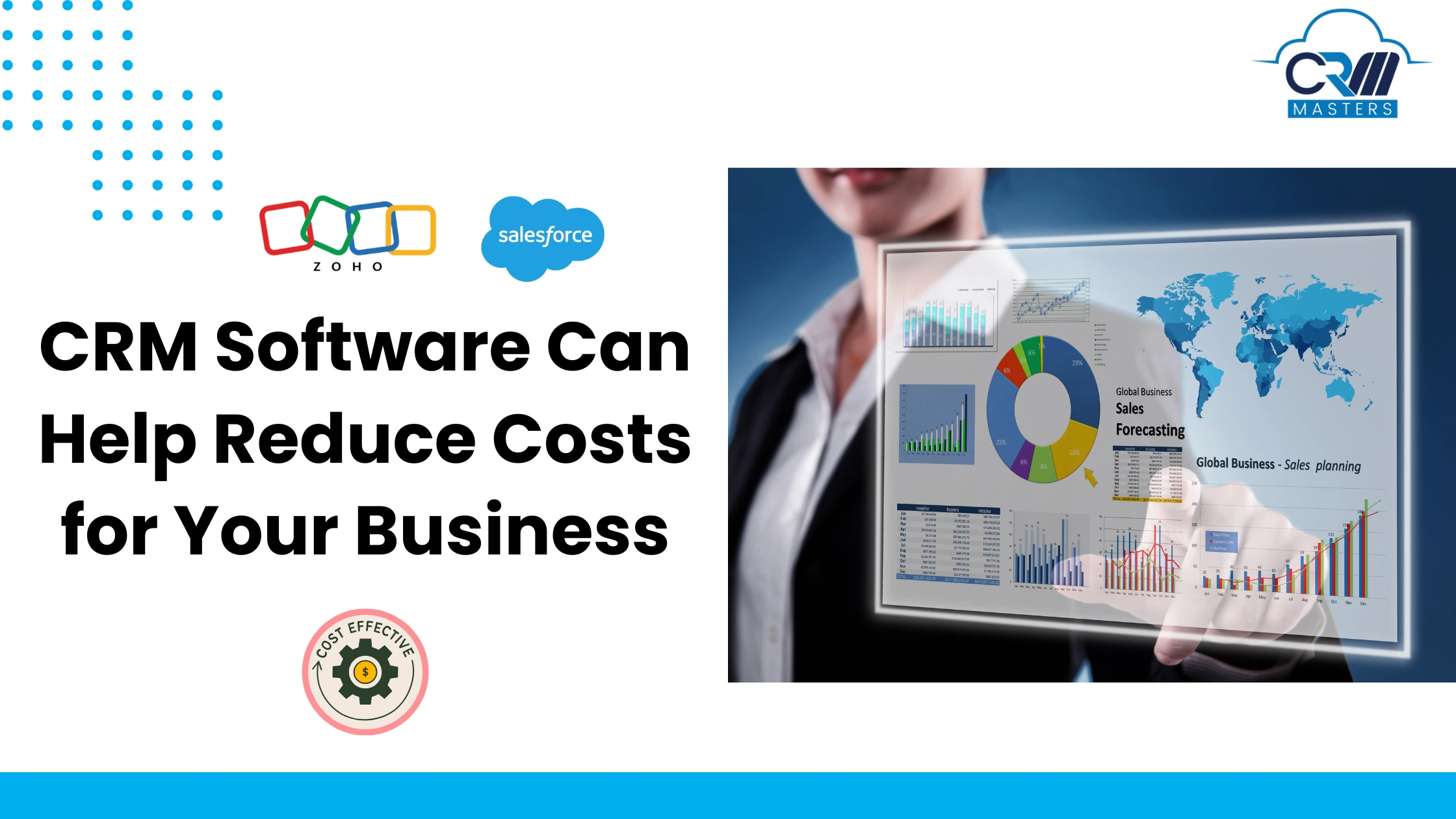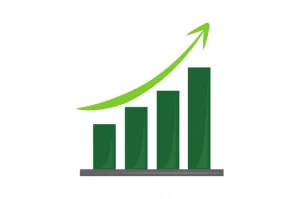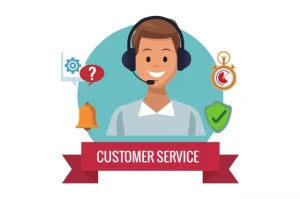
How CRM Software Can Help Reduce Costs for Your Business
Organizations are always looking for methods to reduce expenses while enhancing operational efficiency. One of the most powerful resources for accomplishing this is Customer Relationship Management (CRM) software. Although CRM usually handles customer interactions, it can also lead to considerable cost savings in multiple aspects of your business. Whether you operate a small business or a large corporation, implementing CRM software can assist in optimizing processes, increasing productivity, and improving profitability.
Let’s Explore how CRM software can help reduce costs for your business.
What is CRM Software?
CRM software gathers important customer information like contact details, purchase history, and records of interactions, making it easier for companies to manage and communicate with their customers.
CRM software helps businesses automate tasks, analyze customer data, and create tailored experiences for clients. Overall, it improves customer satisfaction and makes business operations run more smoothly by organizing processes and enhancing communication between departments.
How CRM software can help Reduce Cost for your Business?
1. Automating Repetitive Tasks
CRM software helps save money by automating tasks. Many businesses waste a lot of time on repetitive jobs like entering data, sending follow-up emails, and scheduling appointments. CRM systems can handle these tasks automatically, letting your team focus on more important work.
For instance, CRM tools can automatically record customer interactions, send reminders, and create reports, so you don’t have to do it by hand and make mistakes. This automation saves time and reduces the need for extra administrative workers, which lowers payroll costs.
2. Improving Customer Retention and Lifetime Value
Customer retention is another area where CRM systems shine. It is frequently more costly to acquire new clients than to keep current ones. CRM software helps businesses track customer interactions, preferences, and purchase history, making it easier to provide personalized experiences.
Businesses can increase customer satisfaction and loyalty by using CRM data to offer targeted promotions, follow-up messages, and customized recommendations. Happy, loyal customers are more likely to make repeat purchases, reducing the costs of constantly acquiring new clients. Moreover, retaining existing customers is far more cost-effective than attracting new ones, so a CRM system that helps boost retention can lead to long-term cost savings.
3. Enhancing Sales Team Efficiency

CRM software also plays a critical role in improving sales efficiency. Sales teams often spend considerable time on manual tasks, such as lead tracking, follow-ups, and administrative paperwork. A CRM centralizes all customer information in one place, making it easier for salespeople to access relevant data quickly.
CRM software also includes features like lead scoring and sales pipeline management, which help prioritize high-value prospects and ensure that sales efforts are focused on the most promising opportunities. CRM software can help businesses close more deals quickly by optimizing sales, leading to higher revenues and reduced operational costs.
4. Better Forecasting
CRM software can help lower costs by making budgeting and forecasting better. Knowing how much to expect in sales is important for using resources wisely. A CRM system helps businesses look at past sales, customer habits, and market trends, giving them useful information about future sales. This data helps businesses decide how much inventory to keep, how much staff to hire, and how to spend on marketing, making sure resources are used well. By avoiding spending too much or too little, companies can save money and make smarter choices.
5. Reducing Marketing Costs with Targeted Campaigns
It also help businesses reduce marketing costs by enabling more targeted and personalized campaigns. Rather than using a one-size-fits-all approach, businesses can segment their customer base based on demographics, purchase behaviour, and other data points. This allows for more precise targeting of marketing efforts, which increases the likelihood of conversions while minimizing waste.
For example, a CRM system can send personalized emails to specific customer segments, offer promotions based on previous purchases, or run targeted social media campaigns. By focusing marketing efforts on the right audience, businesses can significantly improve their return on investment (ROI) and reduce unnecessary advertising spend.
6. Improving Customer Support Efficiency

CRM software can help save money in customer support. When customer service teams can see a customer’s full history, like past questions and purchases, they can solve problems faster and more accurately. This means less time is spent on each support case and that customer issues are solved right away. CRM systems often have self-service tools, like FAQs or help sections, which lower the number of support requests and let customers find answers on their own. By making customer support easier and solving problems quicker, businesses can save on the costs of having big customer service teams
7. Reducing Errors and Enhancing Data Quality
Data management is a key component of any CRM system, and having high-quality, accurate data is essential for reducing costs. Manual data entry is prone to errors, which can lead to costly mistakes—whether it’s sending incorrect billing information, failing to follow up with leads, or miscommunicating with customers. CRM software ensures that all customer data is centralized and updated in real-time, which helps eliminate errors and ensures that your team is working with the most current information.
This improves decision-making and reduces the time and resources needed to correct mistakes, ultimately lowering costs associated with data management.
Cost-Effective CRM for your Business Growth
When selecting the right and cost-effective CRM for your business, Zoho CRM and Salesforce are two of the best options, offering powerful features at different price points to suit businesses of all sizes. Zoho CRM is an affordable, user-friendly platform for small to medium-sized companies. It provides essential CRM tools like sales automation, marketing features, AI-powered insights, and easy integrations designed to streamline operations and improve efficiency. Zoho’s flexible pricing plans make it an excellent option for businesses on a budget that still needs robust functionality.
On the other hand, Salesforce is a more comprehensive CRM solution, ideal for businesses that require advanced features, scalability, and deep customization. Known for its robust reporting, automation, and analytics tools, Salesforce is best suited for larger businesses or those with more complex needs. It offers extensive integrations and customization options to align with the specific requirements of growing enterprises.
Looking for a cost-effective solution for your business growth?
CRM Master’s Infotech has 8+ years of experience in providing top-notch customized CRM solutions at affordable prices.
Contact Now to learn more cost-effective solutions for your business.












